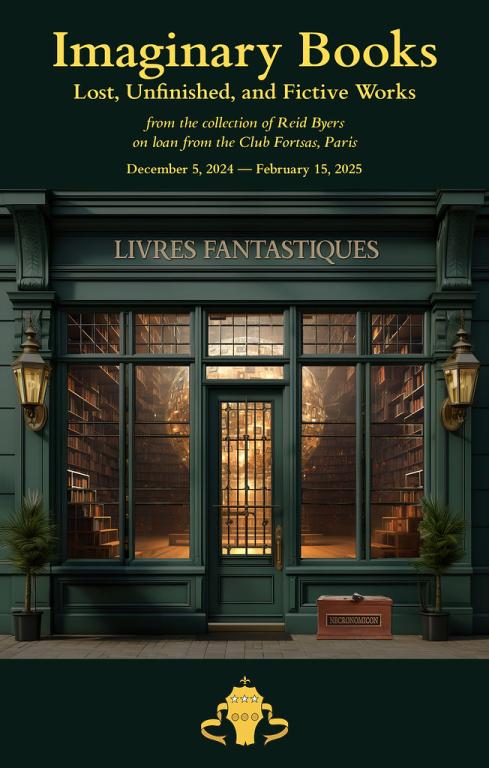I sometimes hear from authors who are agonizing over character names, and I can relate. Naming a character – particularly a series character – is almost like naming a child. You have to make certain you get it right, since the character (or child) is going got live with it for a long time.
Sometimes he names relfect the nature of the character, as with the film and TV trope of labeling a detective after a weapon or ammunition: Peter Gunn, Yancy Derringer, Bullitt, Magnum, Cannon, Baretta (homophones apply) and so on. Just about everyone has heard of Bulldog Drummond, the early 20th British sleuth who appeared in dozens of films, usually starring such classically handsome actors as Ronald Colman and Ray Milland. But one has to actually read the books by H.C. "Sapper" McNeile to realize that he's called "Bulldog" not because of his tenacity, but because he's homely as a hound.
My vote for the most deliberate and meaningful example of character naming comes from Dashiell Hammett's The Maltese Falcon, where nearly every character's name reflects their nature or profession. The hero, of course, is Sam Spade – a spade being a tool for digging and digging through dirt is part of a P.I.'s job. His unbendingly loyal secretary is Effie, phonetically FE, the symbol for iron. His doomed partner is Miles Archer, whose last name evokes an obsolete means of defending oneself, which is obviously ineffectual against a bullet. The femme fatale is first introduced as Miss Wonderly, and indeed does seem wonderful, but she is later revealed to be Brigid O'Shaughnessy, as Irish a name as is possible which (correctly) implies that every word she speaks is so much blarney. The lead villain is Casper Gutman, and what better name for an obese man? One of his confederations is the rather exotic Joel Cairo, named for a locale that symbolizes exotic mystery for many Americans. Torpedo Wilmer Cook is a hot head, and a cook works in a hot kitchen. (Wilmer is also referred to as a "gunsel," which most people interpret as meaning a hired gun, but is really a form of "gonsil," the Yiddish term for the young male lover of an older man, which describes his relationship with Gutman (at least as implied in the novel and pre-code film version).
 |
| The Maltese Falcon (1941) |
When I was first developing my character Amelia Watson, who is the second wife of Dr. John H. Watson of Sherlock Holmes fame (based on the number of wives whose existences were mentioned by Arthur Conan Doyle, who did not bother to name Wife #2), I wanted a name that evoked an earlier time without sounding too antiquated. I considered "Agatha," but concluded that was too obvious and corny. "Amelia," though, was a name one did not often hear in the early 1990s, when Amelia was created, but if one happened to, it was not head-shaking.
Similarly, my subsequent character Dave Beauchamp went through several rounds of name consideration, but for a different reason. Dave is a contemporary Los Angeles private eye who is more hapless than most. In fact, one of his characteristics is that he faces almost nonstop humbling situations. I wanted his name to reflect that, chiefly through being something that everybody gets wrong on the first try. This was inspired in part by a running gag in the film Chinatown, in which the sinister antagonist Noah Cross constantly mispronounces Jake Gittes' name as "Gits." I recalled how when I first came to L.A., the airwaves were flush with ads for a certain "Dr. Beauchamp, Credit Dentist." While his name in the TV spots looked like it should be pronounced "Bow-champ," the announcer intoned, "Beach-um." That suited my purposes perfectly and even informed one of Dave's early humiliations: after paying for an ad in the Yellow Pages, he sees Beauchamp Investigations printed as Be a Chump Investigations.
Occasionally I play games with character names, just to see if anyone picks up on it. In one Amelia Watson story, the murderer is a moneyed, privileged fellow who can afford the best legal team to make certain he is acquitted. I named him Owen Jafford.
Check out the initials.
For my latest Dave Beauchamp novel, Freeze a Jolly Good Fellow! I initially gave my incidental and supporting characters serviceable, but rather arbitrary names. Then upon proofing the manuscript I realized that structurally, the book was an old Saturday matinee series in prose, completely with multiple death-traps and escapes. That was not my intent, but since I love old Republic Studios serials, it is what emerged. Having discovered it, I played into it even further by going back and renaming the supporting characters after stunt performers who worked at Republic in the golden age. I don't expect many readers to zero in on it, but I know it's there.
If I have a rule of thumb for naming fictional protagonists, it's this: remember that even though they're imaginary, characters all had a childhood. They did not (at least they should not) have spontaneously generated as adults. Extravagant character names are all well and good, but before you name your protagonist, say, Venus Flytrap, first imagine a child coming to the front door and saying, "Hi, Mrs. Flytrap, can Venus come out and play?" If that strikes you as risible, pick another moniker.































